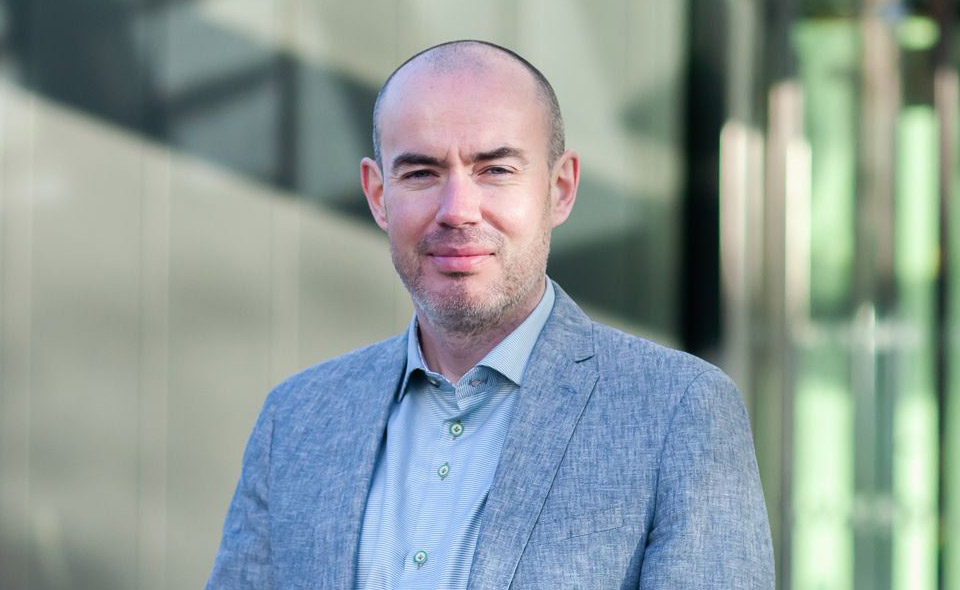Depending on the severity of the injury various types of compensation may be claimed. Typically, compensation can be broken down into compensation for pain and suffering for the past, present and future and also all out-of-pocket expenses and future care needs of the injured person. In the most severe cases of permanent disability a person may require lifelong care and assistance in all activities of daily living. Items such as assistive technology or other aids and appliances associated with the medical treatment and care of the injured person may be claimed as well as past and future loss of earnings including loss of pension entitlements if applicable.
The Cost of Care
In brain injury at birth cases, cost of care is generally by far the highest value item of compensation. There are many factors to consider when trying to compute a fair amount for this and consideration typically arises in trying to determine how many weeks are covered for carers, is there provision for care costing for other necessary expenses? Is there adequate provision for night-time care? Is there adequate provision for the engagement of a case manager? Is there provision for the appropriate number of carers at all times? It is important to assess all these considerations carefully with an appropriate expert when coming to a reasonable conclusion as to the fair level of compensation to be paid to the injured person. Sometimes consideration also must be given where a family member out of natural love and affection for the injured person and without any expectation of payment is providing care and it could be possible to include the cost of that in the claim for compensation.
Medical Treatments and other Therapies
Required treatments and therapies for physical, cognitive and sensory impairments may be claimed. These typically arise in the form of physiotherapy, hydrotherapy and speech and language therapy. In addition occupational therapy costs may be claimed such as personal hygiene, grooming, dressing, mobility, food preparation, feeding, special seating arrangements etc. Furthermore orthopaedic footwear may be necessary as well as assistive technology such as communication aids and computer hardware. Finally, a claim for loss of earnings may be made on behalf of a child who has suffered injuries at birth following negligence. This is not an exact science in calculating but a very reasonable assessment can be made usually with the assistance of a vocational consultant who will interview the family members for the purpose of forecasting how the child would have fared in terms of their working life had they not suffered the injuries in respect of which claim is made.
Special Accommodation Requirements
When a claim is being made for the costs of special accommodation requirements, an engineer or architect, and usually a quantity surveyor will be engaged as may be appropriate. These experts will advise on the planning/ design and prepare a report and the usual items by way of example for a person with impaired mobility which may be required or designed as the case may be, a new build or adaptations to the persons existing home. The new home may have to be fully wheelchair accessible; the new home may have to have a hydrotherapy pool in it with appropriate wet room. There may be a recommendation that the injured person have a ground floor bedroom that is sufficiently spacious and that the new home can accommodate an appropriate number of carers for overnights. There may also be a recommendation for a therapy room and also for ceiling track hoist systems in the injured persons bedroom and in the bathroom etc. There may also be a recommendation for the kitchen to have height adjustable work stations. These are just some of the considerations that may arise.
Should you require further information and to contact one of our solicitors in relation to medical negligence compensation please call 0818 888 555 or WhatsApp/call 087 398 7386 or complete our online enquiry form
Claim Types
- Accident and Emergency (A&E) Negligence Claims
- Anaesthetic Negligence Claims
- Cauda Equina Syndrome (CES) Claims
- Delayed Diagnosis Claims
- GP Negligence Claims
- Health Service Executive (HSE) Negligence
- Hospital Negligence Claims
- Medical Negligence – Frequently Asked Questions
- Medical Negligence Claims
- Midwife Negligence Claims
- Neurology Negligence Claims
- Nursing Negligence Claims
- Obstetrics negligence claims
- Paediatric Negligence Claims
- Sepis Negligence Claims
- Spina Bifida and Hydrocephalus Claims
Contact Us
Get In Touch

Dublin
77 Camden Street Lower, Dublin 2, D02 XE80



